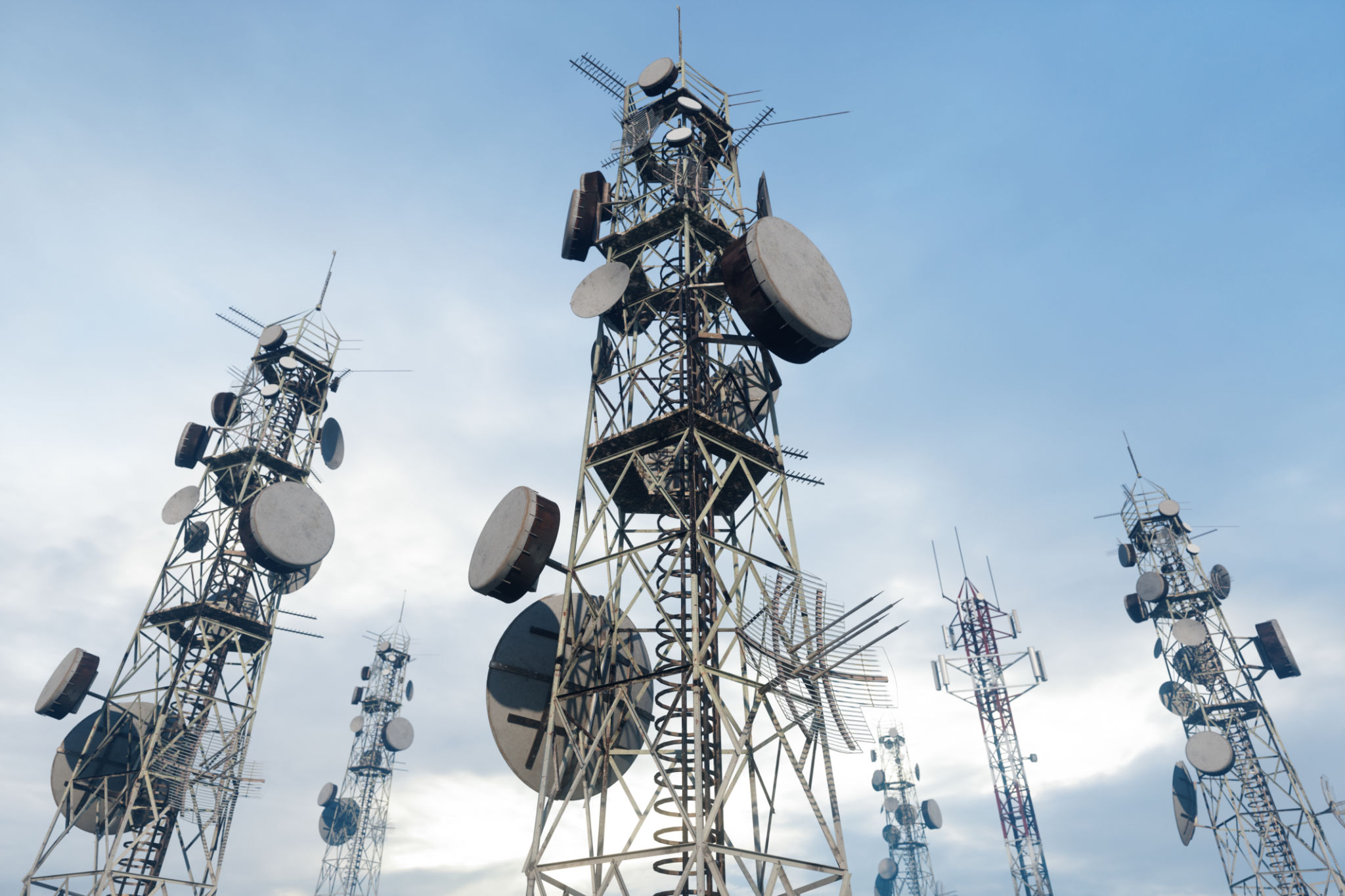The Role of a Signal Person: Why Certification Matters
KM
Understanding the Role of a Signal Person
In the world of construction and heavy machinery, the role of a signal person is crucial. Often operating in high-risk environments, these professionals serve as the eyes and ears for crane operators and other heavy machinery operators. Their primary task is to ensure that operations are conducted safely and efficiently, minimizing the risk of accidents on site.
A signal person is responsible for providing clear and precise directions to equipment operators. This coordination is vital, especially in complex job sites where visibility is limited. By using standardized hand signals or two-way radios, signal persons communicate effectively, ensuring smooth operations and the safety of all personnel involved.

Why Certification Matters
Certification for signal persons is not just a formality; it is a crucial component that directly impacts safety and efficiency in construction projects. The certification process ensures that individuals have the necessary skills and knowledge to perform their role effectively. It also demonstrates a commitment to maintaining high safety standards on site.
Certified signal persons are trained to understand various signaling methods, interpret load charts, and recognize potential hazards. This comprehensive training equips them with the ability to respond quickly and appropriately in diverse situations, reducing the likelihood of accidents.
Regulatory Requirements
Government and industry regulations often mandate certification for signal persons, underscoring its importance. In the United States, for example, OSHA requires that signal persons be qualified either through a third-party evaluation or through an employer's program that meets specific criteria. Compliance with such regulations not only ensures safety but also helps avoid potential legal issues and fines.

Benefits of Hiring Certified Signal Persons
Employing certified signal persons offers numerous benefits to construction companies. Firstly, it enhances workplace safety by reducing the risk of accidents. Secondly, certified professionals contribute to improved communication on site, leading to increased productivity and efficiency.
Moreover, having certified personnel can boost a company's reputation. Demonstrating a commitment to safety and professionalism can be a significant advantage when bidding for contracts or negotiating with clients.
Training and Certification Programs
Several organizations offer training and certification programs designed to prepare individuals for the responsibilities of a signal person. These programs typically include classroom instruction, practical exercises, and assessments to ensure competency.
The training covers various topics such as signal communication methods, understanding crane dynamics, identifying hazards, and emergency procedures. Participants are evaluated on their ability to apply this knowledge effectively in real-world scenarios.

The Future of Signal Person Certification
As technology advances, the role of a signal person may evolve, incorporating new tools and methods for communication. However, the need for certification will remain as important as ever. Continuous education and adaptation to new technologies will be essential for maintaining high standards of safety and efficiency in construction operations.
In conclusion, the role of a signal person is integral to construction safety and success. Certification ensures that these professionals are prepared to handle the complexities of their job, ultimately safeguarding lives and enhancing project outcomes.
